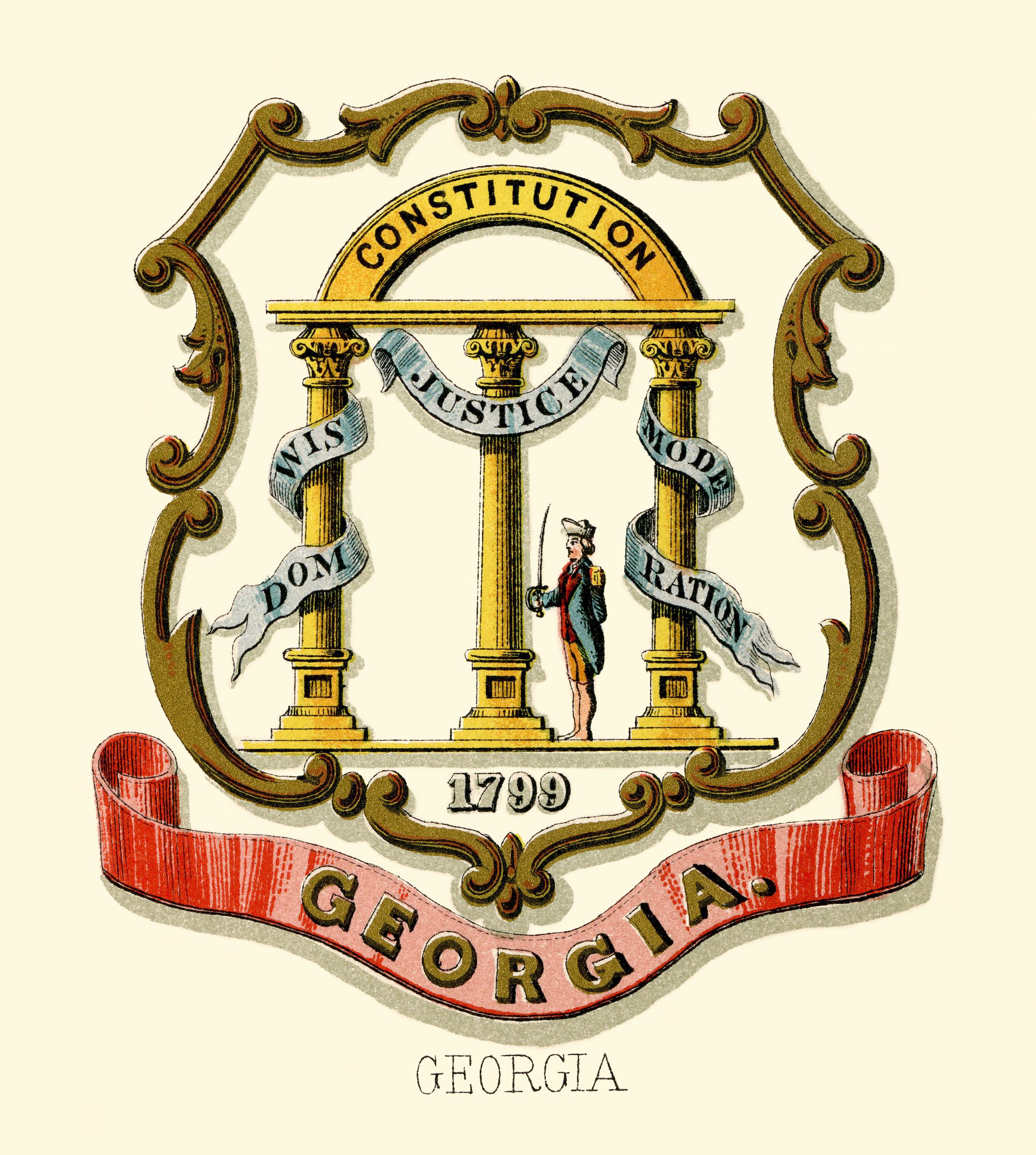 What happens if you were previously injured in an incident and later involved in another accident that causes further injury? Can the person responsible for the second injury be liable for your injuries? Although pre-existing injuries can make it more complicated to determine the scope of your injuries, the court will still consider the extent to which the second accident caused additional injuries and affected your life.
What happens if you were previously injured in an incident and later involved in another accident that causes further injury? Can the person responsible for the second injury be liable for your injuries? Although pre-existing injuries can make it more complicated to determine the scope of your injuries, the court will still consider the extent to which the second accident caused additional injuries and affected your life.
Shermain Montiel Vaughn was driving a truck for Oakley Trucking, his employer. Vaughn hit the front of Jenella Ben’s car while attempting to turn left on a street in Lafayette, Louisiana. At the time of the accident, Rickie Hairston was riding in Ben’s car. Vaughn was 100% at fault for the accident and was in the scope and course of his job with Oakley Trucking when the accident occurred. Hairston filed a lawsuit, and the trial court ruled in his favor. The trial court awarded him $195,000 for general damages and $60,683 for special damages, including $240 of lost wages. Vaughn filed an appeal based partly on the assertion Hairston’s credibility was suspect given his prior injury and the facts surrounding which accident caused the injuries he complained of.
Vaughn argued the trial court erred in not discrediting Hairston’s testimony after he was impeached at trial. He claimed Hairston hurt his knee from an incident unrelated to the car accident. He also argued Hairston was not credible because he acknowledged he did not tell his doctors about his prior injury. However, an appellate court defers to the trial court’s credibility determination because it is better positioned as it can examine a witness’s demeanor and the nuances of their testimony. See Lopez v. Lopez.
 Insurance Dispute Lawyer Blog
Insurance Dispute Lawyer Blog


 We have all heard that “good fences make good neighbors.” But what happens when there is a dispute about the boundary of two pieces of property? The following conflict between New Fellowship Baptist Church and the Beals, who found themselves at odds over the boundary of their adjoining properties, helps answer this question. The dispute raises questions about the concept of acquisitive prescription, the importance of possession, and the determination of boundaries. By carefully examining the trial and appellate court’s rulings, we gain insights into the legal principles and the significance of seeking professional advice in property-related conflicts.
We have all heard that “good fences make good neighbors.” But what happens when there is a dispute about the boundary of two pieces of property? The following conflict between New Fellowship Baptist Church and the Beals, who found themselves at odds over the boundary of their adjoining properties, helps answer this question. The dispute raises questions about the concept of acquisitive prescription, the importance of possession, and the determination of boundaries. By carefully examining the trial and appellate court’s rulings, we gain insights into the legal principles and the significance of seeking professional advice in property-related conflicts. The process of filing insurance claims can be time-consuming, demanding careful attention from all parties involved. In a recent ruling by the First Circuit Court of Appeal in Louisiana, the importance of timely and exhaustive pursuit of administrative remedies before seeking judicial review in insurance payment disputes was underscored. The case of Southern Framers of Louisiana, LLC (Southern Framers) sheds light on the consequences of premature legal action, emphasizing the need to explore alternative avenues, such as administrative proceedings, before resorting to the courts. Through an examination of Southern Framers’ dispute with a healthcare provider, this ruling serves as a valuable reminder for future litigants to exhaust administrative remedies diligently and consider the proper timing and procedures in pursuing legal recourse.
The process of filing insurance claims can be time-consuming, demanding careful attention from all parties involved. In a recent ruling by the First Circuit Court of Appeal in Louisiana, the importance of timely and exhaustive pursuit of administrative remedies before seeking judicial review in insurance payment disputes was underscored. The case of Southern Framers of Louisiana, LLC (Southern Framers) sheds light on the consequences of premature legal action, emphasizing the need to explore alternative avenues, such as administrative proceedings, before resorting to the courts. Through an examination of Southern Framers’ dispute with a healthcare provider, this ruling serves as a valuable reminder for future litigants to exhaust administrative remedies diligently and consider the proper timing and procedures in pursuing legal recourse. In a society built upon the principles of justice and fairness, few experiences can be as devastating as being wrongfully accused of a crime, subsequently arrested, and imprisoned for a wrongdoing one did not commit. The ramifications of such a traumatic ordeal can be profound, leaving individuals grappling with profound emotional, psychological, and even physical consequences. In the face of such injustice, victims must be allowed to seek justice and hold accountable those responsible for their unwarranted suffering.
In a society built upon the principles of justice and fairness, few experiences can be as devastating as being wrongfully accused of a crime, subsequently arrested, and imprisoned for a wrongdoing one did not commit. The ramifications of such a traumatic ordeal can be profound, leaving individuals grappling with profound emotional, psychological, and even physical consequences. In the face of such injustice, victims must be allowed to seek justice and hold accountable those responsible for their unwarranted suffering.  Safeguarding your property rights is of utmost importance, as the consequences of inadequate protection can be far-reaching. While oil and gas rights disputes may not directly affect the average citizen, other property-related conflicts can significantly impact individuals and their assets. In such complex situations, navigating the intricacies of property laws requires the expertise of an experienced attorney who can empower you with a clear understanding of your rights, ensure the legal protections you are entitled to, and advocate on your behalf. The following lawsuit shows the importance of expert counsel in understanding your property rights.
Safeguarding your property rights is of utmost importance, as the consequences of inadequate protection can be far-reaching. While oil and gas rights disputes may not directly affect the average citizen, other property-related conflicts can significantly impact individuals and their assets. In such complex situations, navigating the intricacies of property laws requires the expertise of an experienced attorney who can empower you with a clear understanding of your rights, ensure the legal protections you are entitled to, and advocate on your behalf. The following lawsuit shows the importance of expert counsel in understanding your property rights.  Honesty is always the best policy. This proverb rings especially true in the legal system, where truthfulness and transparency are vital to maintaining the legal process. Failure to tell the truth or even a mistake in remembering the facts can bring severe consequences, as Mark and Paulette Moore discovered after a car accident on Interstate 10 in Iberville Parish.
Honesty is always the best policy. This proverb rings especially true in the legal system, where truthfulness and transparency are vital to maintaining the legal process. Failure to tell the truth or even a mistake in remembering the facts can bring severe consequences, as Mark and Paulette Moore discovered after a car accident on Interstate 10 in Iberville Parish. Even if you have a unique job like a stunt performer, you can still get brought down to Earth by the complexities of determining what your insurance policies do and do not cover if you are involved in an insurance coverage dispute. In that case, it is important to understand the plain language of your insurance contract, how different provisions in the policy interact, and how courts interpret insurance policies.
Even if you have a unique job like a stunt performer, you can still get brought down to Earth by the complexities of determining what your insurance policies do and do not cover if you are involved in an insurance coverage dispute. In that case, it is important to understand the plain language of your insurance contract, how different provisions in the policy interact, and how courts interpret insurance policies.  When a loved one dies in a car accident, dealing with insurance is likely the last thing on your mind. Unfortunately, insurance policies can be complicated, with many details and exceptions. If you do not fully understand your insurance coverage, you might find yourself in a difficult situation when seeking compensation from your insurance company. This is especially important when your vehicles and insurance policies cover multiple states.
When a loved one dies in a car accident, dealing with insurance is likely the last thing on your mind. Unfortunately, insurance policies can be complicated, with many details and exceptions. If you do not fully understand your insurance coverage, you might find yourself in a difficult situation when seeking compensation from your insurance company. This is especially important when your vehicles and insurance policies cover multiple states.  In the event that you find yourself in the challenging position of pursuing a medical malpractice lawsuit against your doctor, the presence of an expert witness becomes paramount. Such a witness is instrumental in establishing the negligence of your treating physician. A recent case originating from the Parish of East Baton Rouge sheds light on the specific qualifications required for expert witnesses in medical malpractice cases and the circumstances in which their testimony may be deemed unnecessary. Join us as we delve into this notable court ruling, which clarifies the vital role of experts and the instances where their expertise may be exempted.
In the event that you find yourself in the challenging position of pursuing a medical malpractice lawsuit against your doctor, the presence of an expert witness becomes paramount. Such a witness is instrumental in establishing the negligence of your treating physician. A recent case originating from the Parish of East Baton Rouge sheds light on the specific qualifications required for expert witnesses in medical malpractice cases and the circumstances in which their testimony may be deemed unnecessary. Join us as we delve into this notable court ruling, which clarifies the vital role of experts and the instances where their expertise may be exempted. Losing a lawsuit can lead to frustration with your attorney, and you might contemplate pursuing a legal malpractice claim against them. However, it is crucial to comprehend the essential elements required to succeed in such a claim; otherwise, your case may face dismissal. The Klein v. Wynne lawsuit examines the importance of meeting all the requirements to prevail in a legal malpractice lawsuit and highlights the potential consequences of failing to do so.
Losing a lawsuit can lead to frustration with your attorney, and you might contemplate pursuing a legal malpractice claim against them. However, it is crucial to comprehend the essential elements required to succeed in such a claim; otherwise, your case may face dismissal. The Klein v. Wynne lawsuit examines the importance of meeting all the requirements to prevail in a legal malpractice lawsuit and highlights the potential consequences of failing to do so.